
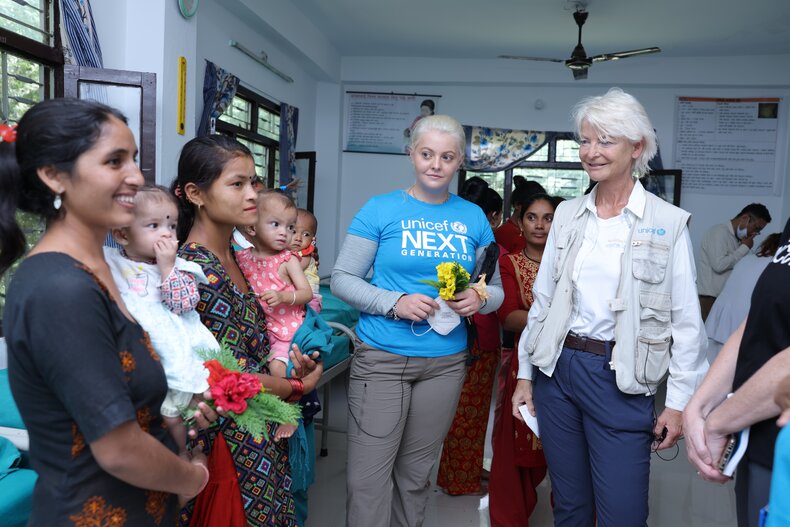
World Polio Day, observed annually on October 24, serves as a powerful reminder of the global effort to eradicate poliomyelitis (polio), a life-threatening disease caused by the poliovirus.
Since the World Health Assembly committed to eliminating polio in 1988, remarkable progress has been made in the fight against this devastating disease. One of the major achievements was the declaration of the WHO European Region as polio-free in 2002, a status it has maintained ever since.
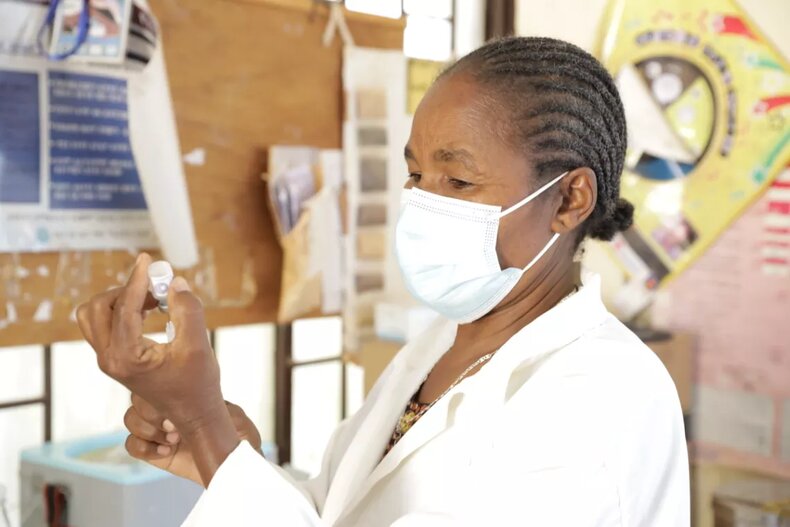
World Polio Day not only raises awareness about the critical role of vaccination in preventing polio but also celebrates the tireless efforts of parents, healthcare workers, and volunteers who continue to push toward the goal of total eradication.
For a polio-free future, it remains essential to sustain high vaccination coverage, implement vigilant surveillance, and maintain preparedness to respond to any outbreaks.
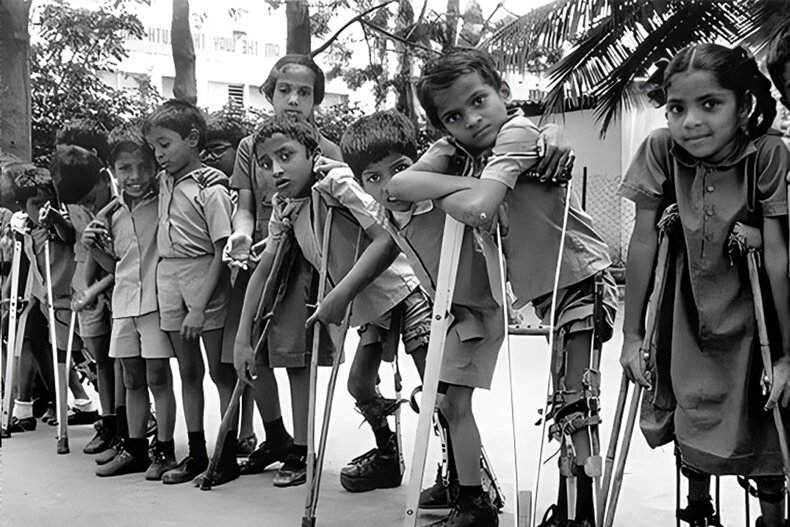
Poliomyelitis, commonly known as polio, is a highly contagious viral disease that primarily affects children under the age of five.
The virus spreads mainly through the fecal-oral route, though it can also be transmitted via contaminated water or food.
Once inside the body, the virus multiplies in the intestines, from where it can invade the nervous system, leading to irreversible paralysis.
Polio's ability to spread swiftly and its potential for severe consequences make it a formidable public health challenge, underscoring the importance of vaccination and hygiene measures to control its spread.
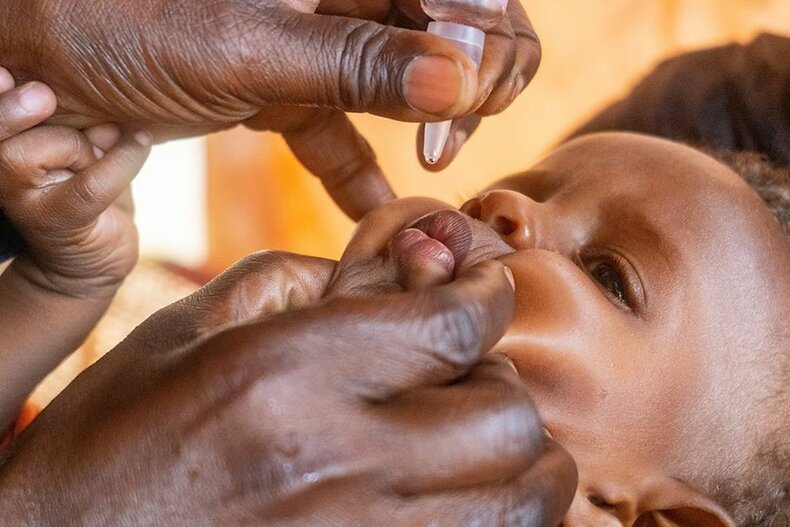
Since 1988, the number of wild poliovirus cases has dropped by over 99%, from 350,000 cases spread across 125 endemic countries to just six cases reported in 2021.
This dramatic decline highlights the success of global vaccination campaigns.
Of the three strains of wild poliovirus - type 1, type 2, and type 3 - two have already been eradicated.
Wild poliovirus type 2 was declared eradicated in 1999, and wild poliovirus type 3 was eliminated in 2020.
As of 2022, only wild poliovirus type 1 remains, and it continues to be endemic in two countries: Pakistan and Afghanistan.
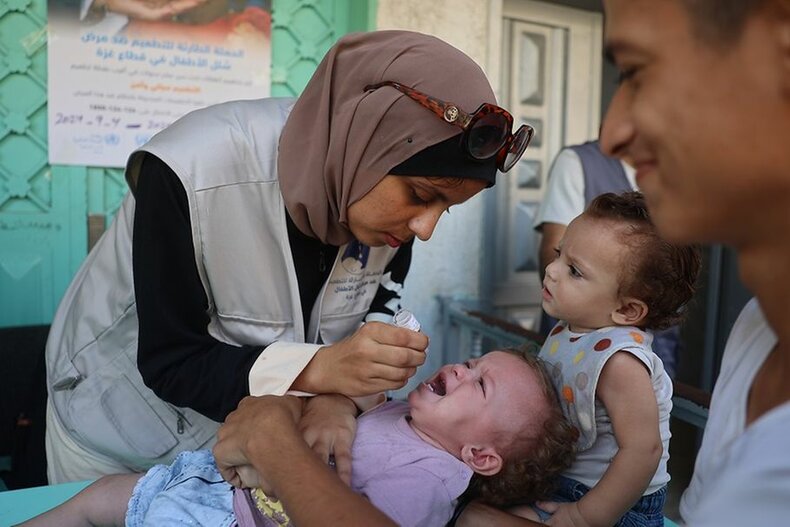
The 21st century has seen tremendous progress in the fight against polio. Thanks to widespread vaccination efforts, global polio cases have been reduced by more than 99% in just two decades.
As of July 2021, only two cases of wild poliovirus had been recorded, both in Afghanistan and Pakistan.
This significant achievement highlights the effectiveness of vaccination in protecting populations from both wild and vaccine-derived polioviruses.
However, to maintain these gains and prevent any resurgence of polio, it is crucial to continue immunization efforts and ensure that communities remain vigilant in their surveillance and preparedness.
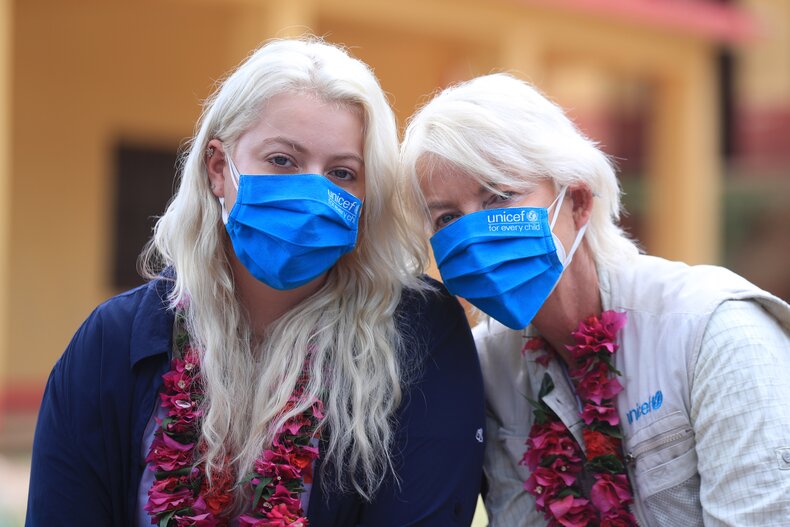
World Polio Day serves as an important reminder that while incredible progress has been made in eradicating polio, the fight is not yet over.
The sustained efforts of healthcare workers, governments, and international organizations are critical to maintaining high immunization rates and monitoring for any signs of the virus.
“With continued dedication, we can ensure that polio becomes a disease of the past and secure a healthier, polio-free future for generations to come,” underlines Ann Kathrin Linsenhoff.
Yours
sincerely

